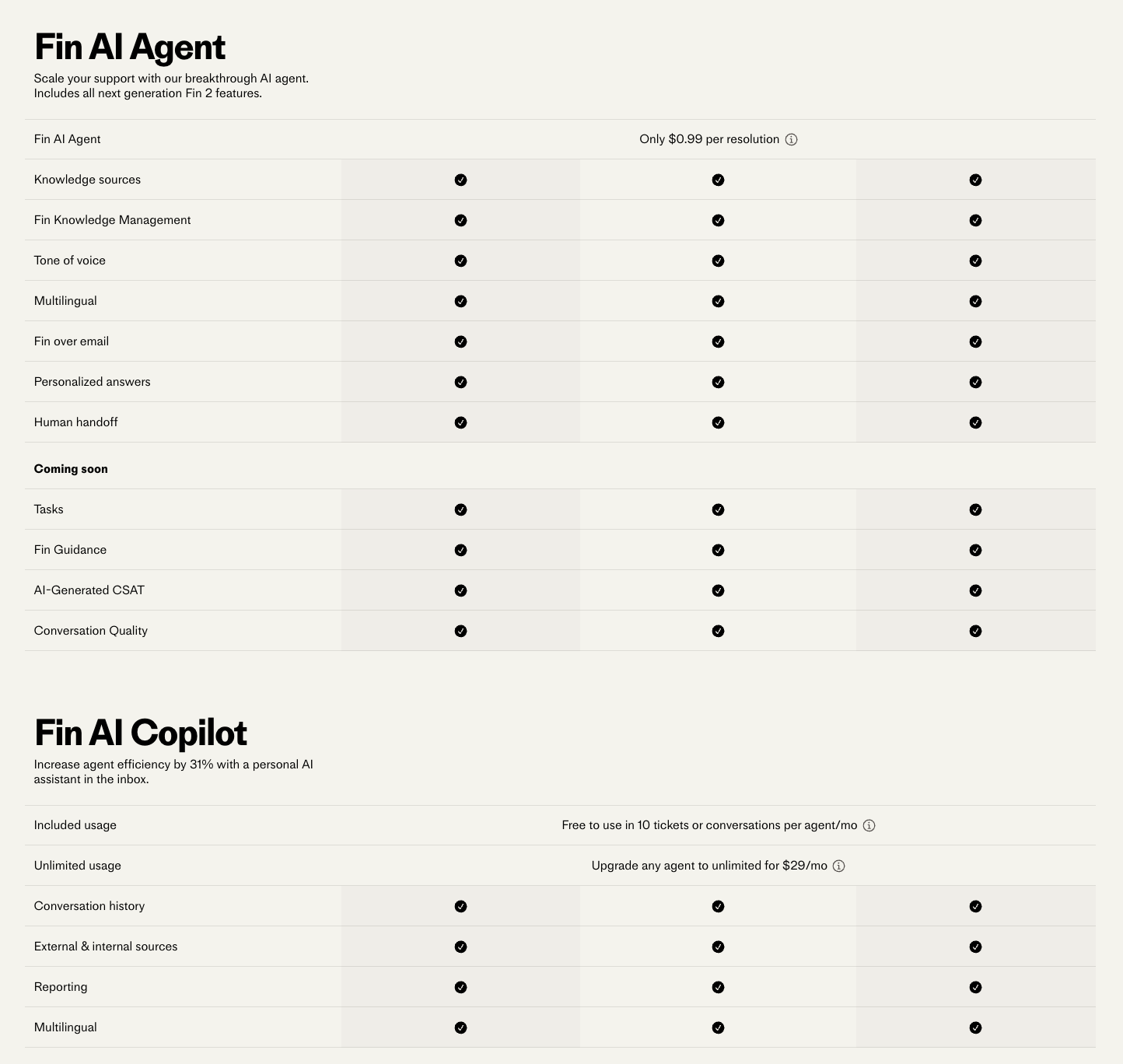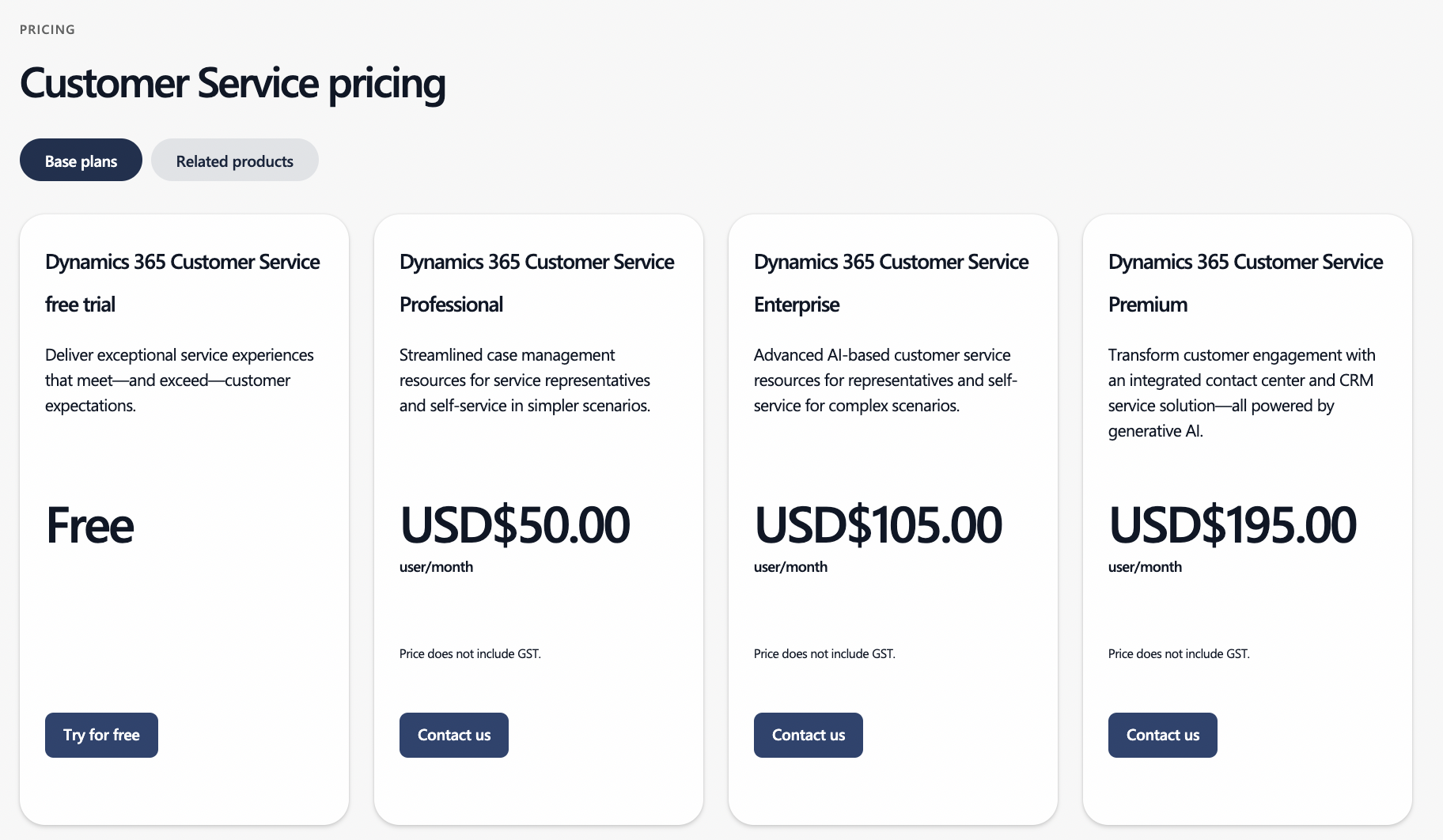Is customer success the killer app for B2B GenAI?
Steven Forth is CEO of Ibbaka. Connect on LinkedIn
Adoption of a new technology paradigm is often driven by a ‘killer app.’ This is the application that helps everyone realize that a technology is real, that is creates value, and that they have to adopt it even if they are sceptical or resistant.
In B2C genAI is disrupting search. Many people are switching over to genAI for search results whether they do this through ChatGPT, Perplexity and You.com or inside Google and Bing, which have started to highlight AI style results. In my own case I have almost completely switched from conventional search to AI prompts.
Please take the AI monetization in 2025 survey
Search is not a killer app for B2B. Search never really established itself as a central B2B function and in most cases is just an extension to internal content management or knowledge management systems. I have seen some people say that genAI will lead to a resurgence in organizational knowledge management. That is one way we think about the shift from value model design and development to value model generation at Ibbaka. But I am not quite naive enough to think that knowledge management will become the killer app for second generation generative AI applications.
“What is the killer app for B2B genAI?”
Before we try to answer this question, let’s take a quick overview of B2B killer apps.
Arguably the first killer app for business was ERP (Enterprise Resource Planning). These large, rigid, systems drove a lot of corporate adoption of mainframe computers.
When the personal computer came in it was spreadsheets that drove adoption, specifically Visicalc and Lotus 1-2-3. This was quickly followed by word processing and then presentations. The combinations of Spreadsheets, Word Processing and Presentations still define the productivity suites from Microsoft and Google.
For the Internet it was the Browser and the World Wide Web that lured people in, and then for the WWW there was no one application that dominated but eCommerce (think eBay and Amazon), then social media were big drivers. For B2B it was not so much a new application as a new way of hosting and delivering functionality and then pricing it. This became known as SaaS, as promoted by Salesforce with its ‘no software’ campaigns.
So is there a killer application for B2B generative AI?
I think yes and that the answer is customer support agents.
Ibbaka currently as a survey open on AI Monetization in 2025. Please take the survey. So far, we have had 236 responses. They survey will remain open until Saturday Dec. 7 and the results will be published in the first month of January 2025.
More than half of companies have deployed customer support agents
One thing that we noticed in our initial scan of the data is that many companies are adopting customer support agents. Of the 236 responses to date 122 have adopted customer success agent. That is almost 52%. This is true of both people who are sceptical about genAI and its potential to make a significant impact: Of the 39 respondents who are sceptical 19 or almost 49% have deployed customer success agents. Of the 110 respondents who said that generative AI was either disruptive or a new paradigm (just over 46%), 54 or 49% have introduced customer success agents? The greatest adoption of these agents is by companies taking a middle of the road approach. For the 84 companies who see generative AI as providing incremental improvements (36% of the total), 48 or just over 57% of companies have deployed customer support agents. Companies in this category are generating the bulk of gen AI revenues in 2024 and this dominance is expected to grow in 2025.
Customer success agents are leading the way to outcome based pricing
Intercom and Zendesk have attracted a lot of attention for their outcome based pricing of customer success agents.
Basically, buyers only pay for the number of tickets closed (one hopes they are closed and leave the customer satisfied!).
Here is the pricing for Intercom’s Fin AI Agent and FinAI Copilot. The print is a bit small, but the Fin AI Agent is priced at only $0.99 per resolution.
Other companies still seem stuck in the old world. For example Microsoft, despite all of its investment in AI, still seems to be pricing customer service per user.
Let’s think about this for a moment. Assume that AI agents are able to resolve customer tickets. A logical result is that fewer people (users) will be needed to resolve issues, so the revenue for Microsoft will go down as the value goes up. I am sure there are very smart people at Microsoft working to solve this and implement agent based pricing. As Microsoft has many applications and relies heavily on bundling to drive revenues this is a non-trivial problem, but one that AI can help to solve.
Customer support agents can tell a clear value story
The next generation of generative AI based applications is going to need to focus on value and value management. Why is this?
Costs
Inertia
Usage
Costs are increasing, at least the cost of operating a generative AI application. This is especially true of applications that use reasoning (like OpenAI o.1). Given higher operating costs companies have to make sure that value scale faster than price scales faster than cost.
One has to overcome inertia to get people to adopt new applications. A lot of second generation generative AI is incremental innovation, it is not trying to bring large changes to the world. According to the survey, more than 80% of applications are for current customers! These customers understand (one hopes) the value of the applications they are buying, and will need to be convinced that they are getting additional value in order to adopt new solutions.
Generative AI applications are moving away from user based pricing (for the reasons given above) and are gravitating to some form of consumption or usage based pricing. This means that companies need programs to encourage usage and to tie that usage to value.
Customer support agents have a clear value story that is connected to existing metrics: number of call centre workers, number of tickets, number of tickets close, speed of closing a ticket, correlation between these customer success metrics and renewals, cross sell and upsell.
The clear value story is one of the main reasons customer support agents are emerging as the killer app for second generation B2B generative AI applications.





